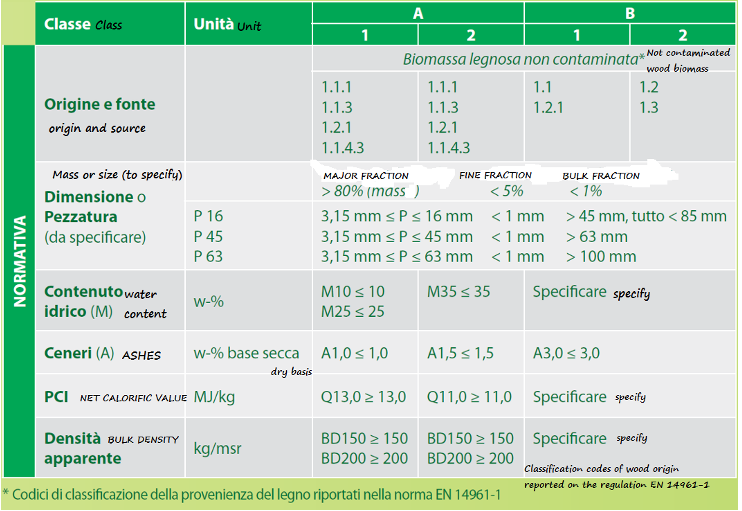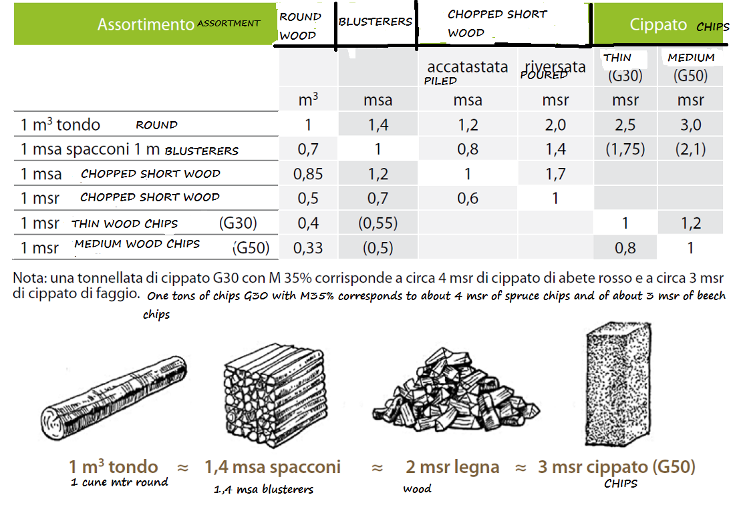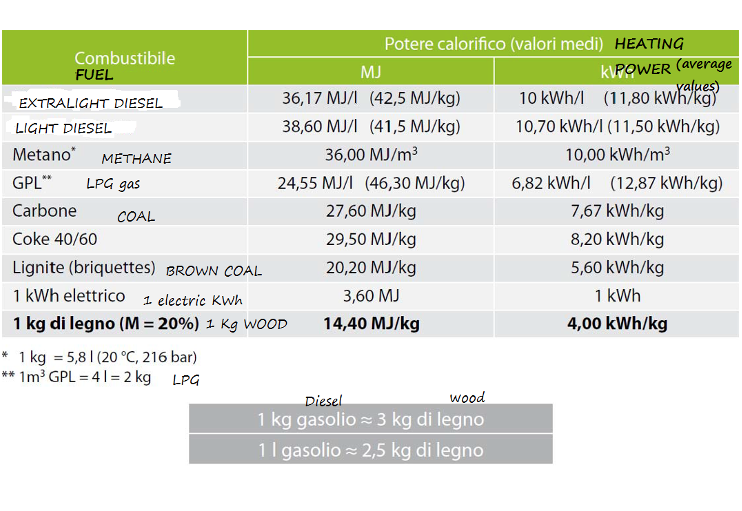OUR MISSION
Photovoltaics and agrovoltaics, have a positive environmental impact by reducing environmental damage and producing clean energy. The first priority is to reduce greenhouse gases and the use of coal
.
Bringing solar power where the environmental impact is most felt, is also important, for example, to areas with abandoned industrial sites, and quarries and open-air landfills, but above all, in rural agricultural areas solar energy production and sale can supplement the income to companies, thereby responding to their different financial needs in the best way possible.
We already know that the wood industries are able to exploit only a part of the timber produced annually by our forests – the most precious one – derived from maintenance of the forest themselves which is currently only a cost and certainly not profitable. In theory, there is a lot of this material available, even though the estimates vary significantly.
THE PROVISION OF BIOMASS
Forest owners and central managers have a common interest in exploiting these forest resources: the former would see it improved the economic sustainability of silviculture, while the latter could solve the problems of supply, as they increase every day with the amount of plants operating in the same territory.
Recent CNR studies have shown that each cubic meter of roundwood harvested from alpine high forest generates approximately 250 kg of fresh residue. Similarly, a hectare of thinning can provide at least 50 tons of biomass for energy or industrial use, an excellent use of material that would otherwise be discarded.
This means that the needs of local heating currently in the Eastern Alps could be satisfied by retrieving and utilization waste generated from the collection of approximately 900,000 m3 of roundwood per year, or the thinning of 5,000 ha of forests. South Tyrol, Trentino and Veneto produce about 700,000 m3 of roundwood annually and perform thinning of an unknown number of hectares, for which the forest sector in theory alone could cover the supply of most of the district heating plants operating in the area.
Over 95% of the fuel comes from wood industries and not from the forest sector, which however contributes only 4% of the total. The residues of urban green waste or of separate rubbish collection play an even much less important role, and therefore negligible.
All Altoatesine power stations declare that they have no difficulty in finding good quality fuel, and in appropriate amounts. The same applies to the vast majority of stations in Trentino and in Veneto Regions in Italy.
The 63% of the fuel comes from the same province in which the plant is located, while another 13% comes from the rest of the Region: the remaining portion is divided equally between the extra-regional source material – but always Italian – and imported material from abroad. For South Tyrol municipalities importing from Austria is relatively easy, due to the short distance, the traditional commercial and cultural ties, and to the great development of the Austrian saw mills which generate a very considerable amount of waste.
SUPPLIERS AND PRICES
In general, 50% of the timber is provided for directly by the timber ? and another 40% from the merchants. The percentages vary by region: Altoatesine stations get only 38% of the fuel used from traders, those from Trentino 45% and those from Veneto 100%. The associations play an important role only in the Alto Adige, and are virtually absent in other regions. Deliveries are made on the basis of annual contracts, or more rarely biannual.
On average, each vendor delivers 9,000 mst of chips per year – that is, about 100 trucks. These are industrial quantities but not huge, and certainly within the capacity of a good forest company.
The price offered for the chips is an average of € 12.50 / mst from the central, with minimal up to € 10/ mst (occasionally 8) and maximum up to € 14/ mst (occasionally 18). The price cdifferences depends primarily on the quality of the fuel, the magnitude of the supply and in particular, on the market, which is typically seasonal.
The summer consigments always receive a lower price than those in winter: indeed, the stations work at reduced pace in the summer, while sawmills go at full capacity, so that the supply of waste greatly exceeds demand. In winter, the opposite happens: the sawmills slow down due to lack of material, while the plants have to go at full steam. This seasonal fluctuation highlights the necessity to store fuel.
The chip quality obviously contributes to the pricing: the humidity of the lot has a major impact on the price as well possible contamination with earth or stones. No-one considers he fuel calorific value.
Fresh forest chips has a humidity between 40% and 50% and is therefore acceptable to the majority of the plants in question. However, nobody likes material that is too wet, and the preference is always given to fuel with a water content of around 30% – 35%.
LEGISLATION

Source: Fondazione Edmund Mach – Istituto Agrario san Michele All’Adige.

Source: Fondazione Edmund Mach – Istituto Agrario san Michele All’Adige.
FUELS

Source: Fondazione Edmund Mach – Istituto Agrario san Michele All’Adige.
Draft Contract for the Sale of Energy-content Wood Chips
Draft Contract for the Sale of Energy-content Wood Chips
(see. CEN/TS 14961:2005 and UNI/TS 11264:2007)
Contracting Parties
This Agreement is drawn up between:
the Supplier xxxx hereinafter FO
and
the Buyer xxxx hereinafter referred to TE
Art. 1. Subject Matter
The object of this contract and delivery by FO of wood chips, produced by comminution of virgin wood, to TE. The wood chips will serve as fuel for the supply of thermal plant of TE’s ownership.
Art. 2. Delivery Time
FO agrees to deliver each load of fuel within 6 working days from written request (by fax or email) communicated by TE. The latter will communicate also the magnitude of the load to be delivered, expressed in tons.
Art. 3. Annual Requirements
The amount of chips to be delivered during the term of this agreement and of what will actually be consumed by the plant- which according to energy calculations-is estimated at 2100 tonnes (with a 30% water content of reference).
Art. 4. Origin of Biomass Fuel
The wood chips delivered must be produced by mechanical processing of virgin wood as defined in the Law 152/2006 “Environmental regulations.”
The chips can be produced by comminution of: branchless trunks of coniferous or broadleaf logs with branches and without of leaves, broadleaf brushwood without leaves or dried leaves, wanes and slabs and other waste from the first processing of the wood that enable
to obtain high-quality wood chips. With reference to the classification of the UNI / TS 11264: 1.1.2.2, 1.1.1.2, 1.2.1.1, 1.2.1.2.
Art. 5. Unit Size
For size reference is made to the specifications of the UNI / TS 11264.
The wood chips delivered shall belong to the Pxx class.
Art. 6. Purity
The wood chips delivered must be free of foreign elements such as nails, wires, bolts and any other metallic object.
Art. 7. Water Content and Weight of the Load
The water content (M) and the weight of the load and determined by FO.
Art. 8. Mode and Time of Billing
The wood chips delivered billing refers to its energy content, or to its pcM expressed in MWh / t, calculated on the basis of the weight (t) and the water content (M) of the load, according to the following formula:
pcM = 100
18.5 x (100-M) -2,44xMx 0,278
For each delivery, FO shall issue to TE a declaration of chip quality (see A2).
Art. 9. Free Delivery to Plant
TE FO pays the chips to the base price of xx, 00 Euro / t (+ 10% VAT), free delivery to thermal plant. The price varies depending on the water content of the wood chips delivered. The water content of the wood chips delivered shall never exceed 35%
Art. 11. Payments
TE clears the invoiced amount within 30 days end of month from the issue date of the invoice. In case of non-payment within the established time, FO reserves the right to terminate the service of supply as well as to demand the payment of default interest, on the basis of existing legislation.
Art. 12. Non-compliant Supplies
The provision of a load of non-compliant wood chips will not be paid by TE.
Art. 13. Contract Duration
This contract has a three years term from the subscription of parties.
If the plant ceases operation or if it is significantly compromised by the withdrawal of the necessary permissions, or by decisions issued by the competent authority or for other reasons that are not attributable to the contracting parties, TE is authorized to permanently sever this contract within 6 months.
Art. 14. Special Provisions
1. All disputes which may arise regarding the validity, interpretation, proper application of this agreement and, in any case, any claim deriving from it, and the parties agree on the exclusive jurisdiction of the Court of xx.
This agreement is valid in all respects from the time of signature of the contracting parties
3. This contract and produced and delivered in two copies. Each party shall retain a signed by the contractors.
4. Each additional clause, the clause suppression or contractual complement must be delivered to the parties in writing.
5. The contractual subject incoming to the parties assumes the rights and obligations covered by this contract.
6. The Contracting Parties shall share the expenses of drafting this agreement at the rate of 50% each.
Place, date.